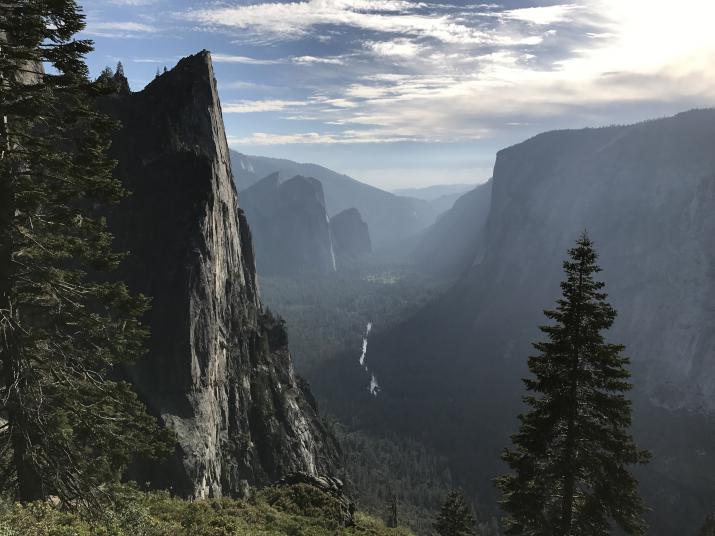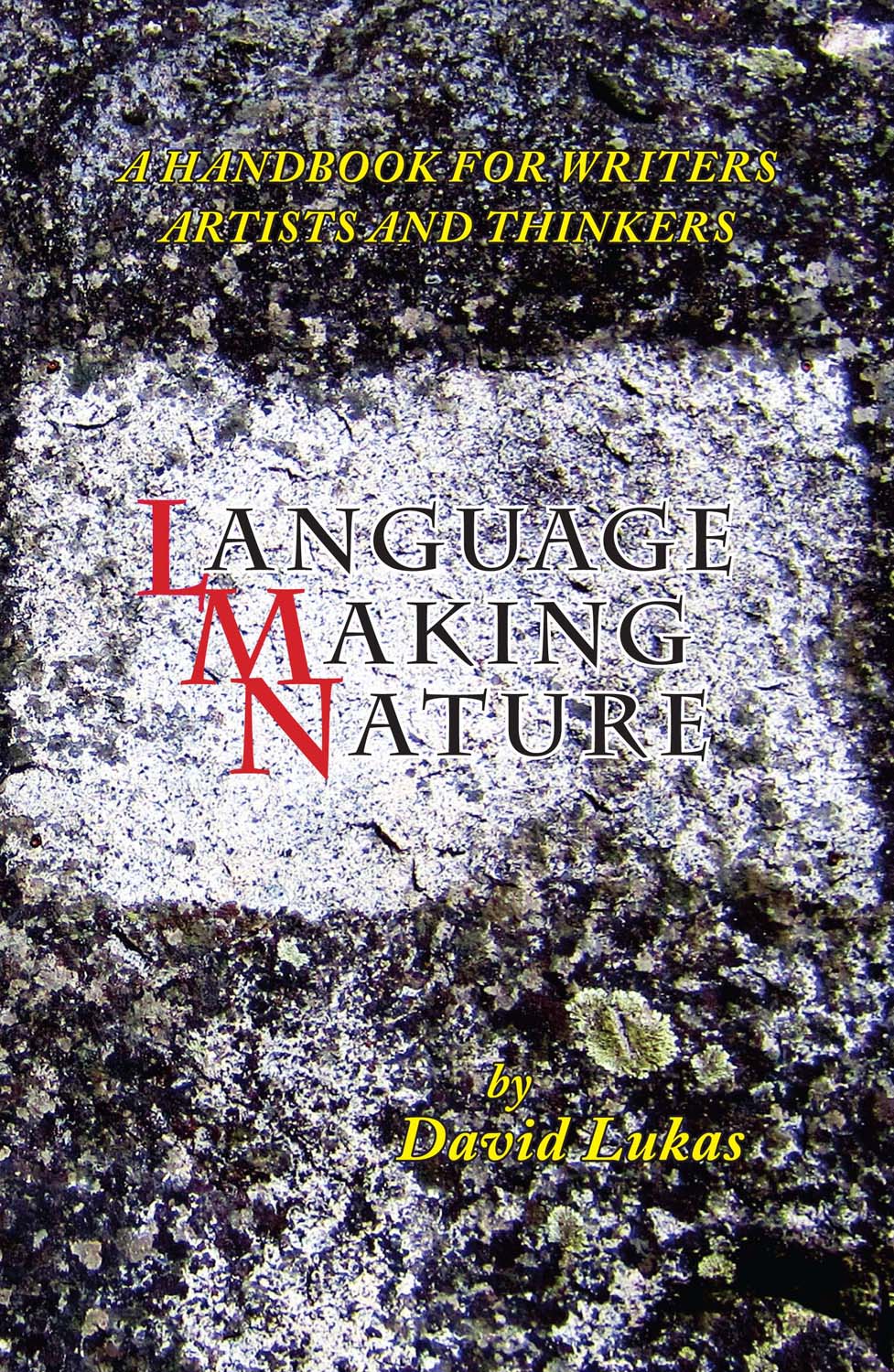
Have you ever worried that you might spell a word wrong or use a word in the wrong way? If so, did you know that rigid spelling and grammar rules were first formulated in the 1700s by a group of social elites (known as prescriptivists) who set out to consolidate their control of society through language? And have you ever considered the fact that these same rigid rules have had the unfortunate side effect of profoundly shaping and limiting the deep collective creativity we bring to the table every time we talk about our world?
Smartphones & gadgets
In my work as a professional naturalist, educator, and author I am always thinking about the words we use to speak of the natural world. What I have discovered over the years is that far too many of the novel words we use on a daily basis are given to us by corporations who are keenly aware that whoever creates new words controls the dialogue; for example, think about how our media news conversations are endlessly focused on catchy names for the latest and greatest smartphones, gadgets, and technologies.
A Toolkit for creating new words
But language is meant to be far more creative and playful than that, so I wrote a book on how we can build new words for speaking of the natural world. My book, Language Making Nature, explores the pieces and processes that have gone into shaping the English language, and proposes using these pieces and processes as toolkits for creating new words. If nothing else, the book is an invitation to play and push boundaries because new words and new ways of thinking about language can be our most important resources for bringing new ideas and new concepts into the conversation.

Placeholders
If this doesn’t make sense, consider how the rise of new words such as Anthropocene, biophilia, and rewild have sparked countless, vital discussions that might never have taken place if those words hadn’t served as placeholders for those important concepts. At the same time those words merely hint at what’s possible because the pieces and processes of language have the potential to be as wildly inventive as paint in the hands of a painter or clay in the hands of a sculptor.
For urban planners too
I originally wrote Language Making Nature for naturalists and writers, but my thinking greatly expanded when I learned that language making was an equally useful tool for urban planners who needed ways of naming innovative urban spaces and designs. If there are no words to speak of the yearnings we feel for natural spaces or the ways those spaces impact our lives, then this is one area where playing with language might give us the voices we need.
I am only beginning to learn how eager people are for this type of language play and where this conversation might lead. Some work is happening on my website but I encourage folks to talk about this on every level. If we keep using the language given to us by the very same forces that have already conquered the dialogue then we will never have a revolution in our thinking—but start creating new words and let us speak of the future we want to see happen and the values that matter to us.
David Lukas is a naturalist and author based in the United States. His most recent book is Language Making Nature, www.languagemakingnature.com. He also posts a “Nature Word of the Day” and other regular updates on his facebook (https://www.facebook.com/david.lukas.735) and twitter (https://twitter.com/languagemaking) pages.